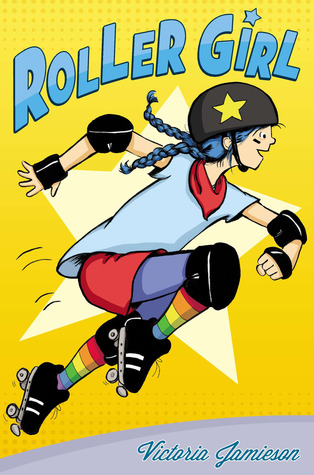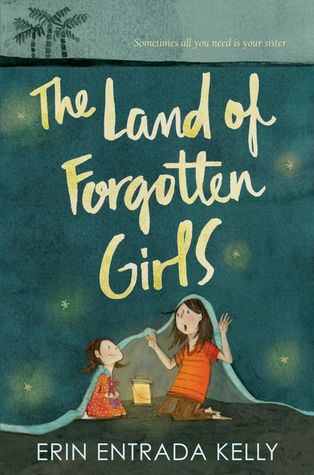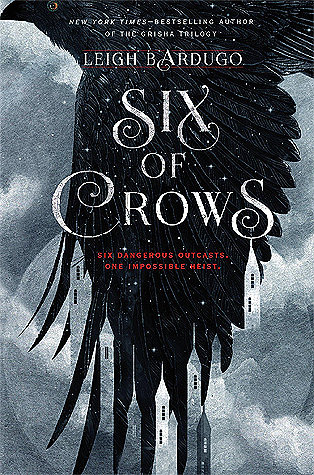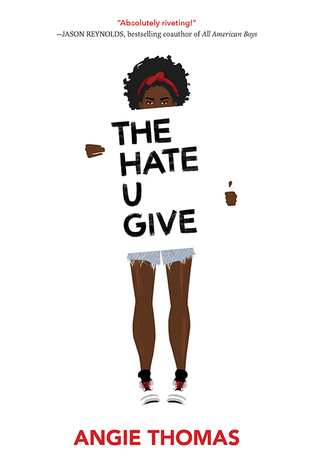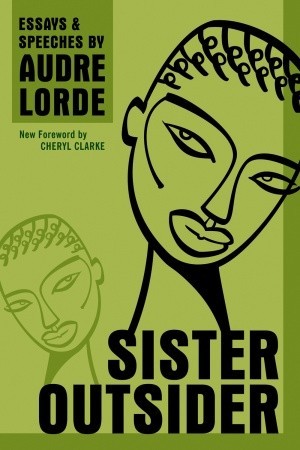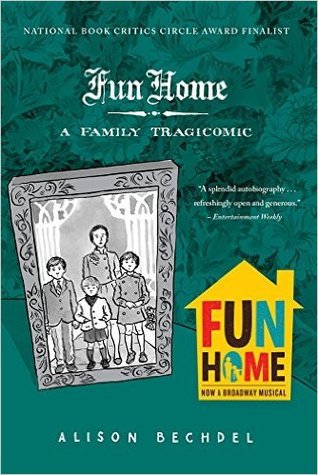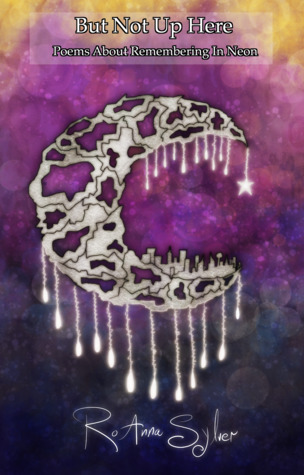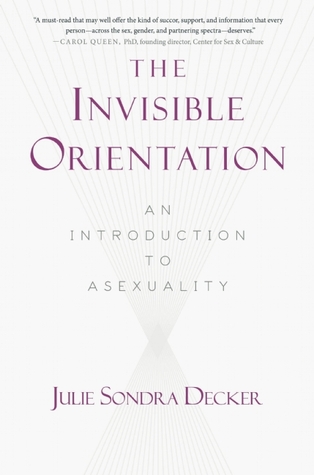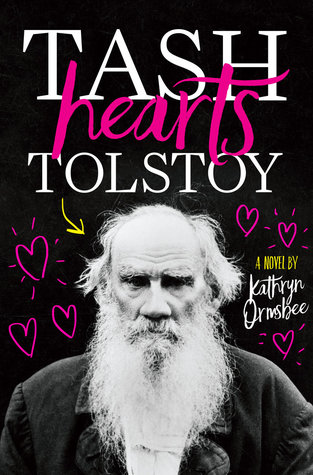 Tash Hearts Tolstoy by Kathryn Ormsbee
Published:
Tash Hearts Tolstoy by Kathryn Ormsbee
Published: June 6th, 2017 by Simon and Schuster
Genre: Contemporary YA
Binding: Hardcover
Page Count: 367 plus acknowledgements
Part of a series? I wish!
Got via: The library.
Amazon /
Book Depository /
Indiebound
Summary (from goodreads): After a shout-out from one of the Internet’s superstar vloggers, Natasha “Tash” Zelenka finds herself and her obscure, amateur web series, Unhappy Families, thrust into the limelight: She’s gone viral.
Her show is a modern adaptation of Anna Karenina—written by Tash’s literary love Count Lev Nikolayevich “Leo” Tolstoy. Tash is a fan of the forty thousand new subscribers, their gushing tweets, and flashy Tumblr GIFs. Not so much the pressure to deliver the best web series ever.
And when Unhappy Families is nominated for a Golden Tuba award, Tash’s cyber-flirtation with Thom Causer, a fellow award nominee, suddenly has the potential to become something IRL—if she can figure out how to tell said crush that she’s romantic asexual.
Tash wants to enjoy her newfound fame, but will she lose her friends in her rise to the top? What would Tolstoy do?
Review: Not going to lie, I was super nervous about this. Ace rep is... not so great, sometimes. A lot of the time, it doesn't exist, or it's kind of terrible. So I get nervous ('cause if you didn't know, I'm ace). It kind of worked out, though, that this didn't show up until July 28th so I didn't have time to put it off if I wanted to get it read in July. And luckily I really liked this! The premise of a book based around characters running a webseries is really interesting and not something that I've actually ran into in a book before.
Really neat premise, good characters, some really cool discussions about relationships and the different ways that people connect, a voice I absolutely loved, and a depiction of asexuality that doesn't make all the choices I perhaps would make, but still does a ton of things I liked and isn't anything I personally would say is harmful, More just a different experience than mine. And there is a wide world of experiences out there, not just mine, so that doesn't mean
bad, just
different.
Plot Talk: The "stuff happening" plot covers Unhealthy Families, Tash and her best friend Jack's webseries, being boosted by a vlogger with a much larger following causing them to have a big uptick in popularity, the ending of the series, and it being nominated for a web award. The "emotional/character stuff" plot involves some family drama, Tash figuring out some stuff about herself, figuring out some stuff about her relationships with others, and a little bit of romance.
I describe things badly! But I was a fan of the plot, and I think everything works together very well. I was never bored and I think the balance is great.
Characters: I'm actually going to mess around with my normal pattern and talk about Tash probably last. Because why not.
Tash's family in this is a really strong element, and I really like how it's worked into the book. Her relationship with her older sister specially reflects a lot of the other growth Tash does in the book. I thought having a family that was mixed-faith, with their dad being Christian, Tash and their mom being Buddhist, and her sister being an athiest, was really neat and different.
The group of friends Tash has is also really cool - I liked that she sort of had different levels of friendship. It's neat to see a book where the main character has a couple very close friends, and a larger group of more casual friends, and they still all like each other and all that, but it's a different type of relationship. One of the themes in the book is about knowing people and understanding why they are the way they are, and I think that's a cool aspect when it's all together.
Now, for Tash. I adore Tash's voice. Something interesting I think about challenging myself to consciously read more diversely this year (besides enjoying way more of the books I read) is that I'm reading a lot of books that are more recent, and I find I really enjoy these sort of more "modern" voices, for lack of a better term. Books that mention Twitter or Snapchat, and some current events, and that sort of thing. I think, while it could date it a tiny bit at some point, it does make it really relateable and interesting. I love her obsession with Tolstoy, I love her drive, and I love that she's super a teenager - she doesn't have everything figured out and she's still kind of learning who she is. She seems perfectly young and like a really authentic teenager.
So, I think we'll use that to lead into talking about the ace rep. There might be some slightly spoilers, because I really want to talk about this. So. Tash is heteromantic asexual. Thankfully, that's not a spoiler. It's said in the summary, including the dust jacket flap, which. That's kind of amazing. Anybody who picks this up at the bookstore or library because of the cool cover or whatever is going to read the word "asexual" on the flap. It's not hidden from the reader. That's... I'm so glad that the publisher did that.
The book almost takes it as a given that you know for the first part, I think, with Tash kind of hinting at things at first without using the label, like saying she's not a fan of kissing, talking about not liking some kinds of flirting (which was really neat to see, honestly), some tension about certain things with her friends, until about a hundred pages in when she uses her label, heteromantic ace, and talks a lot about her process of realizing that. There's a lot of detail given to this and I think a lot of care. It isn't just a label said and done, and I liked that while the entire book isn't wrapped up in it, it's a significant part of the book and Tash's character arc.
That is honestly something I really liked. Tash is not
confused, and in fact states that very, very clearly (thank you), but she talks about the process of realizing you're ace, and it is so, so relateable. I think a lot of people are really going to see themselves in that. I think something that's really great is Tash is a year and change past that first part, so it's not
all about that, but it recognizes that "coming out", is a process that can happen in degrees and you might not even do it with everyone you know, even your family. I also thought it was a nice touch to have Tash not explain things very well the first time she tried to come out, and that her friends don't blame her, but they are a little confused and want to know more because they care about her and they want her to be comfortable. The importance of communication is stressed a lot and that is awesome.
...okay, I've just rambled for four paragraphs. I should move on... but I'll probably add a little more later in another section because I do have a couple more things to say.
Oh, but I will say here - the romance was cool. I was kind of hoping at first that things wouldn't go the direction they did just because I think that would have been a cool subversion, but it's a well done romance that I do think is important, as the conversations about it work against some stereotypes, and portray that it can be a positive experience, which is important to show. Romance for alloromantic or demi/greyromantic (etc) asexual people can be a scary, confusing thing, and lead to a lot of self-blame and guilt (which is something Tash talks about!) and I know people would definitely see themselves in this. That is neat, in my book.
PG-13 stuff: Basically what you'd think. It's pretty standard for contemporary YA. Very, very light on the underage drinking which is neat, a little bit of cursing, and some good conversations about sex (no on-screen scenes though). TWs for pregnancy, and some aphobia. Mind you, it is
all countered by the narrative, and it's about things that Tash has dealt with, or deals with in the book, not things that the book says that I'm pointing out as aphobia as a reader.
Specifically, there's a mention of someone at her school's GSA saying "A is for Ally" which made me want to trip a fictional character into a mud puddle, a lot of talk about certain stereotypes, and that very familiar "you're too young to know you're asexual", "you're just afraid of sex", "the internet made you think this you're not really asexual" stuff that, like. It's very true to life and I personally think the inclusion of these things in the book help to show what people go through. It was kind of cathartic to read, honestly.
I do not think that there was anything arophobic, but tbh I was kind of really excited reading it and I might have missed things. But nothing stood out as hurtful to me personally. I might check with other aros, but it doesn't really talk about aromanticism, and the book is good about talking only about how Tash feels, not about others. And it
definitely points out that Tash is heteromantic and asexual, and doesn't roll it all together. Both labels are important.
Cons, complaints, bad stuff, etc.: The book does do a thing I'm not very fond of overall where lack of interest in sex (Tash is somewhat sex-repulsed/very much not interested) is conflated with not feeling (or seldom feeling) sexual attraction, which is the definition of asexuality I use for myself and in general.
However. This is an ownvoices book. I read an
interview with the author, and between that and... the book... it's kind of obvious that this is somewhat reflective of the author's experience. I'm not exactly going to sit here and say someone's experience is wrong.
That would be pretty freaking awful.
So what I will say is, this experience is an experience that is a little more common in the more "mainstream"
ace books I've read, whereas, say, a sex-positive asexual experience (someone who doesn't feel sexual attraction but still likes sex) isn't as represented in these "mainstream" books. (I'm not well versed in indie ace rep.) But considering that's a grand total of
three whole books it's not like the well is exhausted. I think I said something similar in my EHAD review, but this doesn't mean that this is a bad book. It means we need way, way more ace rep. And aro rep!
Am I making sense here? I hope so.
Oh, and it does hit that one pet peeve of mine, where it says that asexuality is a lack of a sexuality, or the character has no sexuality or orientation. Asexuality is an orientation! An awesome one!
Other things... there's a tiny bit of cissexism and like nothing for trans rep. One character has a pretty severe allergy which is neat, but there's not much for disabilty rep otherwise, and it's pretty white, although not entirely. There are other queer characters, though, which I appreciate. Nothing much for fat rep, either. Could have done better in other areas diversity wise, let's just say.
Cover comments: It's definitely weird, but it grows on you. It's very different from a lot of other things out there, and I appreciate that.
Conclusion: Oh my god how long is this review. Too long, probably. I'm not checking the word count. Nobody tell me, please. And I feel like I went for on a really long time about the negatives, but please keep in mind that's just because I want to be very thorough here. I really, really did like this. I'm on the aromantic spectrum, but it's still an incredibly relateable book for me, and I am incredibly grateful and glad that I enjoyed it as much as I did. It's so nice to see a character actually use labels, and have good, respectful, heartful representation. I think this would be great for teens, and I'm really glad to have read it.
And again, the premise is just really neat. I enjoy webseries, and it was really fun to read about someone making one. I'd totally watch Unhealthy Families if it was a real thing. I'm knocking a half rose off for lacking some diversity in other areas, but overall, I really enjoyed this, and I'm glad it stood up to my expectations and I wasn't disappointed. Four out of five roses.





Other notes:
- It's funny that two out of the three ace books I've read this year have a female friend named Jack in them.
- I am shocked I got this review done for August. No joke. I didn't think I would.
Peace and cookies,
Laina
 Hey Scouts!
Hey Scouts! It's time for our last twitter chat!
It's time for our last twitter chat!








